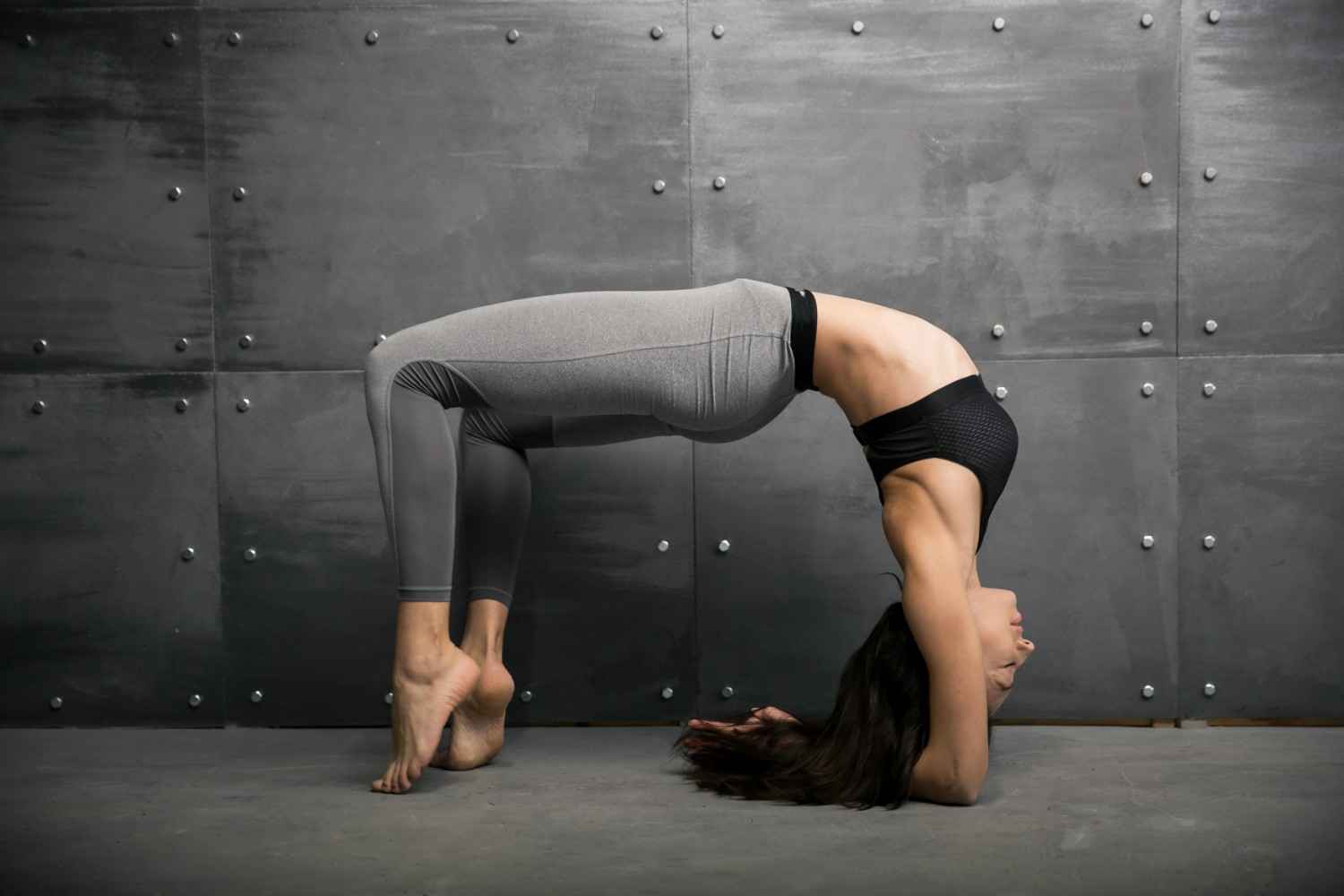Iyengar Yoga
What is Iyengar Yoga?
Iyengar Yoga is a form of Hatha Yoga known for its emphasis on precision, alignment, and the use of props to support practitioners in achieving optimal postures. Named after its founder, B.K.S. Iyengar, this style aims to cultivate awareness, strength, and flexibility through systematic and detailed instruction.

Principles:
Alignment-Focused Asanas: Iyengar Yoga places a strong emphasis on the precise alignment of the body in each asana (pose). Correct alignment is considered essential for maximizing the benefits of the practice and preventing injury.
Use of Props: Props such as blocks, straps, and bolsters are commonly used to support practitioners in achieving proper alignment and adapting poses to individual needs. This makes Iyengar Yoga accessible to people of all ages and abilities.
Sequencing and Progression: Classes are carefully sequenced to gradually build strength, flexibility, and awareness. Students progress through a structured and systematic approach, mastering foundational poses before advancing to more complex ones.
Benefits:
Enhanced Alignment: Iyengar Yoga helps improve overall body alignment, creating a solid foundation for the poses. This focus on precision contributes to the development of strength, stability, and balance.
Increased Flexibility: The use of props allows individuals to safely explore and deepen stretches, promoting increased flexibility over time.
Therapeutic Applications: Iyengar Yoga is often used therapeutically, with precise instruction and props aiding individuals in recovering from injuries or managing specific health conditions.
Philosophy:
The philosophy of Iyengar Yoga is rooted in the traditional eight limbs of yoga, emphasizing the integration of physical, mental, and spiritual aspects. B.K.S. Iyengar’s teachings stress the transformative power of yoga as a holistic path toward self-realization.
Attention to Detail:
Teachers of Iyengar Yoga are known for their keen observation skills and attention to detail. They provide individualized guidance, corrections, and adjustments to ensure that students experience the full benefits of each pose.
Accessible to All:
Iyengar Yoga is accessible to individuals of varying fitness levels and is particularly beneficial for those with physical limitations or injuries. The use of props and the gradual progression of poses make it inclusive and adaptable.
Continued Innovation:
B.K.S. Iyengar’s legacy is marked by his ongoing exploration and development of the practice. His innovative approach, along with the Iyengar Yoga community’s commitment to teaching excellence, continues to shape the evolution of this yoga style.
Iyengar Yoga stands out for its meticulous attention to alignment, use of props, and systematic approach, offering practitioners a path to physical well-being, mental clarity, and a deeper understanding of the transformative power of yoga.
